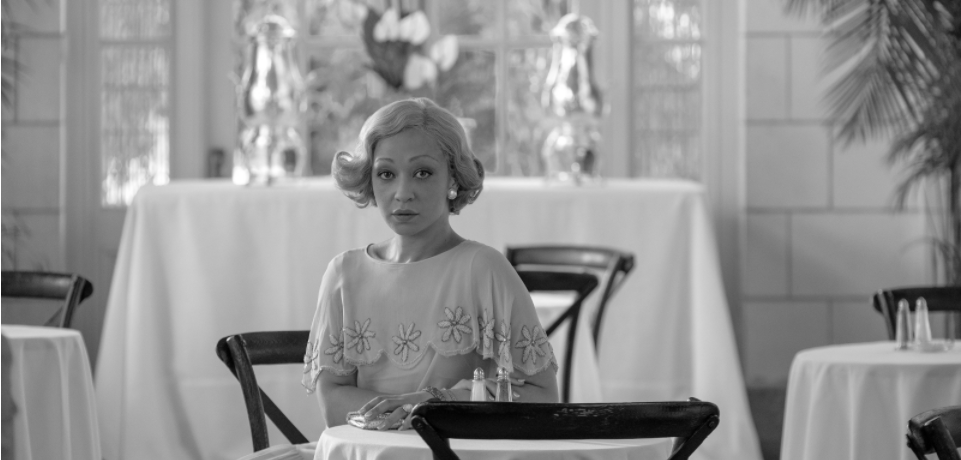|
Choosing Alternative Identities
My husband, Eric, and I just finished watching a Netflix series called Inventing Anna. It’s about a 25-year-old woman posing as a German heiress who comes close to bilking seasoned Wall Street financiers out of millions to fund her vision of an exclusive social club. Despite an average, middle-class background, Anna uses her knowledge of fashion, fine wine, and art and a lot of attitude to pass herself off as a sophisticated, wealthy woman. Passing has a long history. People may pass themselves off as a member of a different race, class, gender, socioeconomic class, or citizenship status. They may claim to be sick or healthy when they are neither. They do it for many reasons: for personal gain, like Anna; for protection, like a Jewish person passing as Christian in Nazi Germany; to avoid unequal treatment, like a Dalit Indian who could be subject to discrimination by a person of a higher caste; or, because it feels more like who they really are, like a transgender person dressing in “men’s” or “women’s” clothes. Though we may pride ourselves on being open and flexible, most people are more comfortable when other people behave in predictable ways. We subconsciously gather clues and slot people into boxes based on their appearance, speech, behavior, etc. When everyone seems to be staying in their lane, everything feels under control, and we feel safe and secure. Fear of the “other” may motivate both fascination with those who attempt to pass and anger with those who succeed. A successful passer illuminates just how flimsy the constructed barriers between us and our fellow humans really are. Novels and movies have been exploring the theme for years. (See many examples in this article.) In history, passing was particularly fraught for slave societies, where appearance (in theory) automatically told everyone who was enslaved and who was free. Of course, free people of color never fit that calculus. And, the dominant class’s penchant for crossing the color line sexually meant that they themselves were adding to the confusion over the generations, making it harder and harder for them to police the barrier they had constructed. Too bad for them. But, let’s remember that passing always has a cost. Inevitably, there’s stress and fear and loss. Passing is fundamentally a social act with social consequences, as Stanford Professor Allyson Hobbs says. The author of A Chosen Exile: A History of Racial Passing in American Life, she notes: “I am not interested in what people gained by being white, but rather in what they lost by not being black . . . . by rejecting a black racial identity.” People want to be respected, valued and loved for who they really are, not for who they’re forced to be. Maybe we should all just let it pass. Image caption: Ruth Negga as Clare, a Black woman passing as White, in the Netflix film Passing, adapted from Nella Larsen’s 1929 novel.
0 Comments
Leave a Reply. |
AuthorHeidi Hackford explores how past and present intersect. Archives
November 2023
Categories |
